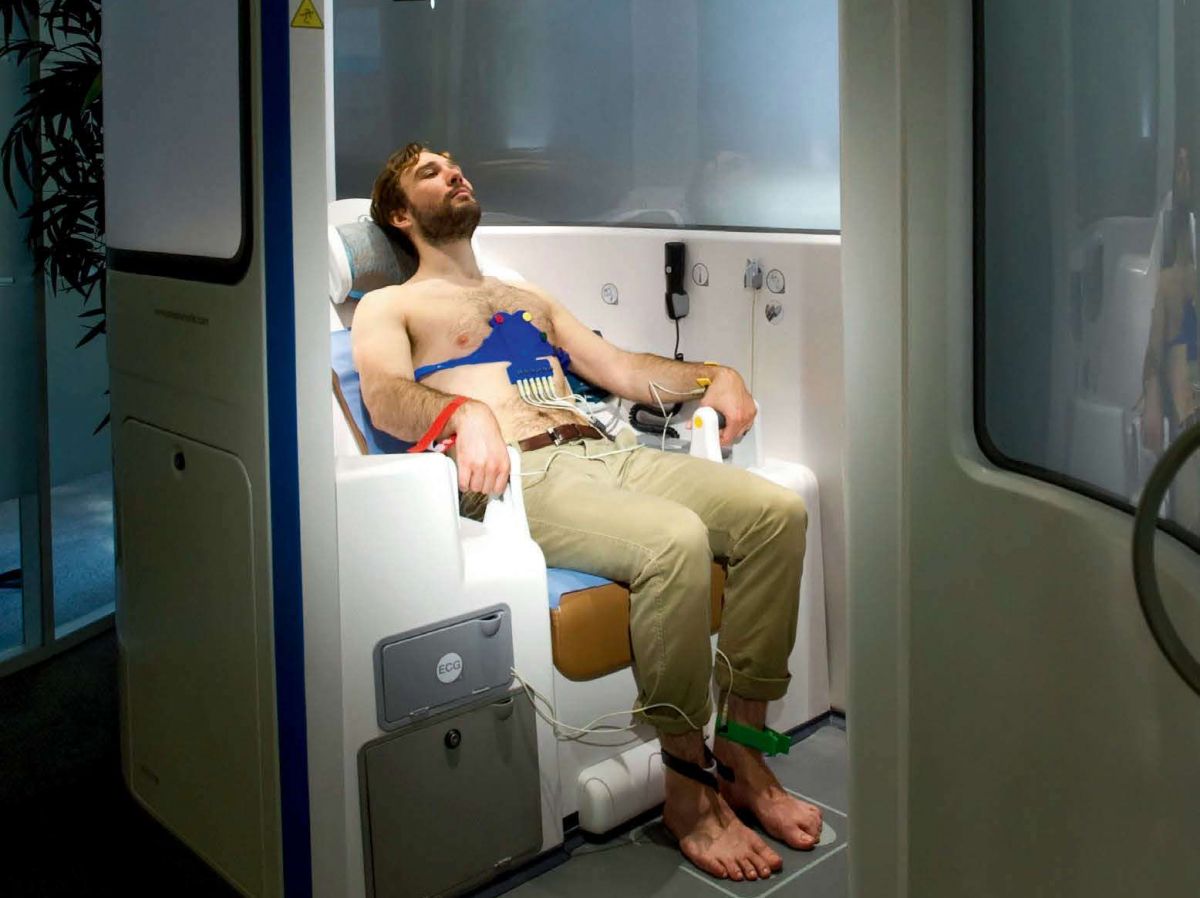Former symbol of French medical innovation, the French manufacturer of an artificial heart, Carmat, announced on Monday, June 30, 2025, that it had ceased payments, having run out of money due to having been unable to raise funds to pay its creditors. The company, which had warned ten days ago that it urgently needed to refinance by June 30, will “request the opening of a judicial recovery procedure with the Economic Affairs Court of Versailles”, according to a press release. Pending the court's decision, which is expected "in the next few days," trading in Carmat shares has been suspended.
Carmat's 180 employees in uncertainty
The share price was recently hovering around 30 cents, compared to over €100 a decade ago. Founded in 2008 and listed on the stock market in 2010, the company had stated that it needed to raise at least €3.5 million by June 30, and around €20 million by the end of the year. On June 20, it launched a fundraising campaign to ensure its continued operations.
Its CEO Stéphane Piat had made a final attempt last week to mobilize investors and even the Elysée Palace, pointing out the difficulty of accessing capital to finance innovation in France and evoking the "heartbreaking" to possibly see a French technology disappear "iconic". He felt that Carmat was on "a launching pad" after 42 establishments completed in 2024, a turnover of 7 million last year and profitability expected by “4 to 5 years”.
Read alsoREPORT. Visit to the Carmat heart prosthesis production unit
But after 30 years of research, 550 million investments and 122 patients treated with its temporary artificial heart, invented by Professor Alain Carpentier, Carmat "has not been able to secure such additional cash or new financing at this stage." The company, which has 180 employees between its headquarters in Vélizy-Villacoublay and its production site in Bois-d'Arcy, in the Yvelines, "continues to explore all options that would allow it to continue operating".
The opening of a judicial recovery procedure would constitute, according to her, "the most appropriate framework to facilitate this pursuit". For the rest, "the two most plausible options" are “the acquisition by an industrialist in the sector” Or “a robust financial partner who would support Carmat’s historic shareholders until they achieve profitability”, estimates Mohamed Kaabouni, analyst at the broker Portzamparc. "Given the strategic nature of the technology, intervention by the French state cannot be ruled out, but it seems unlikely.", he underlines in a note.
The dream of a "definitive heart" designed by Carmat
Carmat's Aeson artificial heart is designed for patients suffering from end-stage heart failure while waiting for a human heart to become available for transplantation. It includes a prosthesis reproducing the shape and function of a natural heart and a tablet to adjust the settings. Since its first implantation in a patient in 2014, the device has undergone numerous developments, with Carmat dreaming of a "definitive heart", which would replace the diseased heart.
The company had notably voluntarily suspended implantations between the end of 2021 and October 2022 to make improvements to the device following malfunctions that had cost the lives of two patients. “Heart failure is a disease that kills more people than cancer.” and which affects not only elderly people but adults "around 54 years old", Anne-Céline Martin, from the severe heart failure medical-surgical unit at the Georges Pompidou European Hospital, who supported the Carmat project from the start, had stressed a few days ago.
"The only real treatment for end-stage heart failure is transplantation. Except that access to transplantation is limited: there are always two recipients for every donor.", illustrated Professor André Vincentelli, cardiovascular and thoracic surgeon at the Lille University Hospital. “No longer having Carmat means returning to other devices from another era.”, he had indicated. The designer of the total artificial heart assures that he will not let down his patients with Aeson prostheses, and this, "whatever the court decides".

